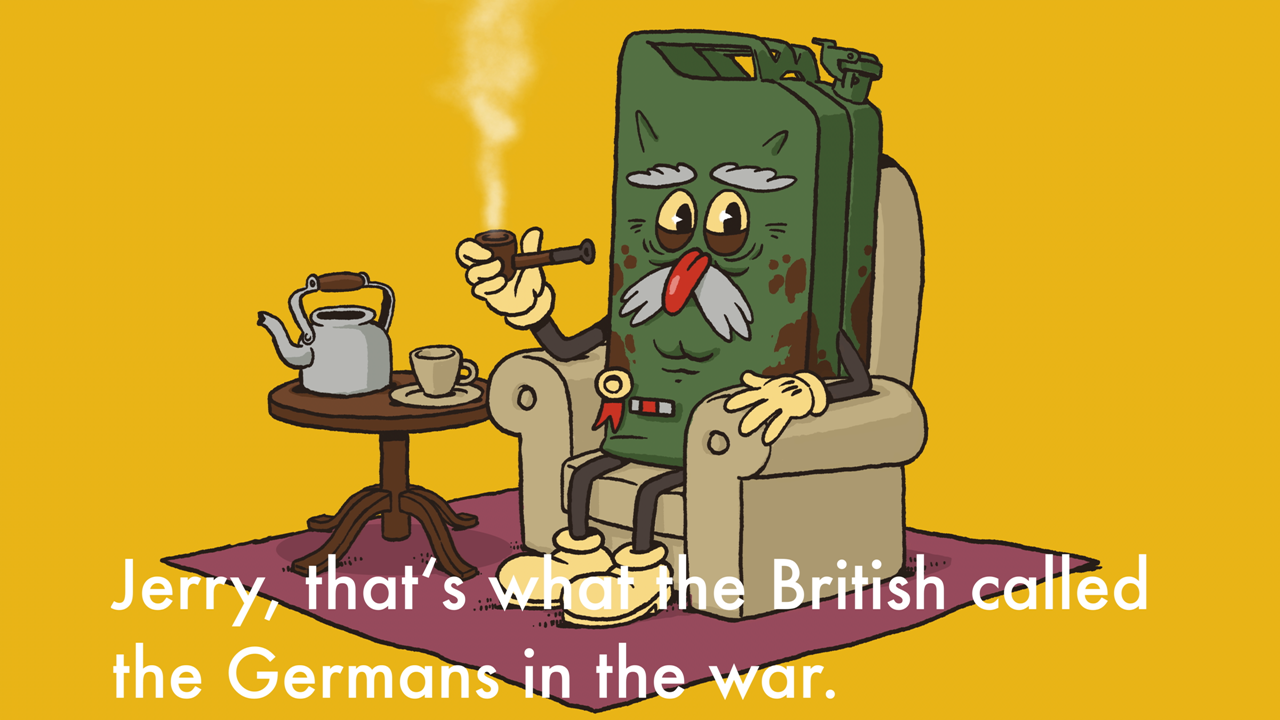Guilt and Memory
Lecture by Leon Kahane in the context of the IBK Lecture Series WS 21/22. The artist talk will be held in English and is organized by Eduard Freudmann.
Zoom link: https://akbild-ac-at.zoom.us/j/95174911993?pwd=dStxNFRIbU5uU3hjMTBESS9hMEM2Zz09
Whenever people in Germany talk about the memory of the Shoah and how to deal with their own history, the question arises as to the guilt of the descendants. In the art field, this has recently been clearly demonstrated by the example of the art collector and shareholder Julia Stoschek. Is Julia Stoschek guilty that the family business founded by her great-grandfather Max Brose benefited from slave labor? Hardly likely! Then what are we still talking about when the question can be clarified so easily? In the lecture this question will be addressed from the perspective of Jewish cultural history. The importance of one's own guilt is a recurring motif in Judaism. Guilt is not something that you overcome in order to overcome part of your own history, but rather the contrary: In Judaism, awareness of one's own guilt is the condition for the development of the self-responsible individual. No conscience without guilt and no responsibility without conscience. So it is by no means about finding someone to blame, but about understanding that one can be effective as an individual and thus also be at fault for good and bad. The defense against guilt is a form of externalization in which one's own guilt and responsibility for one's own actions and work is transferred to others. This relief principle can be described as a cultural technique that has always been inextricably linked with the development of anti-semitic conspiracy ideologies. The memory of guilt, on the other hand, follows an enlightenment principle and is a task that every generation must deal with anew in order to remain effective and defensible.
Leon Kahane , born 1985 in Berlin, first completed a photography education at the Ostkreuzschule für Fotografie, Berlin, before studying fine arts at Universität der Künste, Berlin. Kahane currently lives and works in Berlin. He creates conceptual video works, photographs and installations that centre on themes of migration, identity and coming to terms with majorities and minorities in a globalised society. His interest frequently focuses on geopolitical and social changes of the recent past. Time and again he calls attention to events and institutions that express the contradictions inherent in history. They reflect historical, political, economic and biographical aspects, which he takes up and explores in his works. Especially the socio-cultural situatedness of current political debates and dynamics is central to his artistic approach, which is a form of cultural critique. Most recently, his works were shown at the NS-Dokumentationszentrum in Munich, the Kunsthalle Wien and at the 6th Moscow Biennial. In 2017, he received the ars viva art award.

